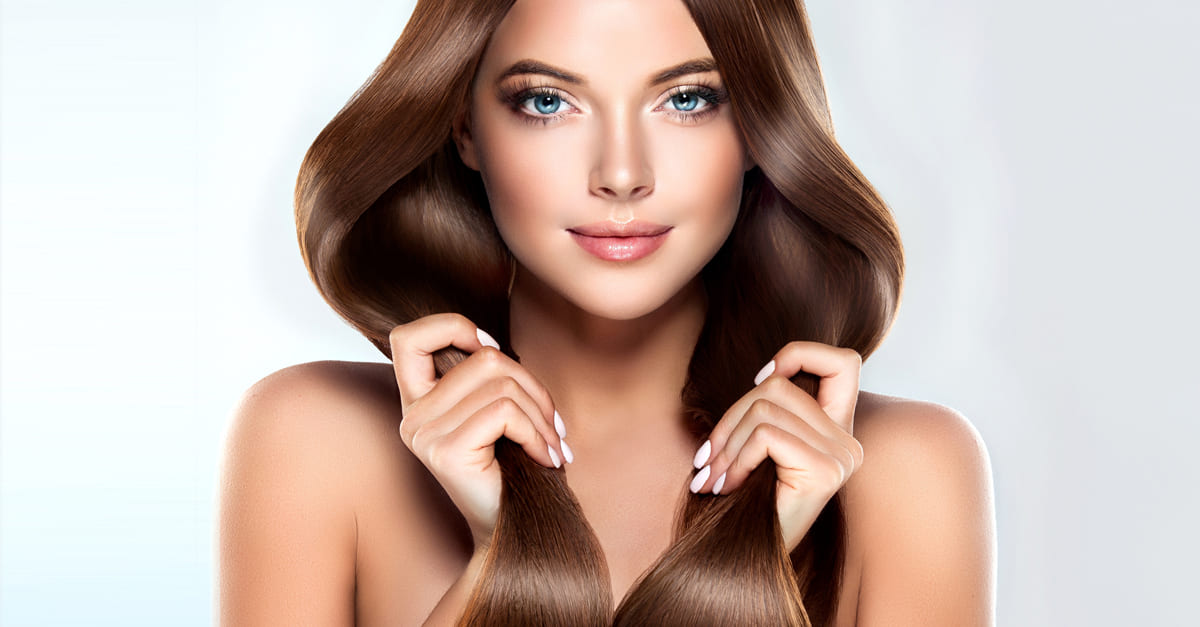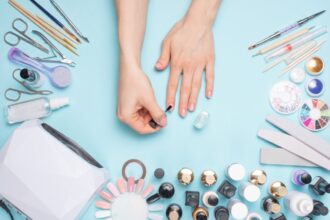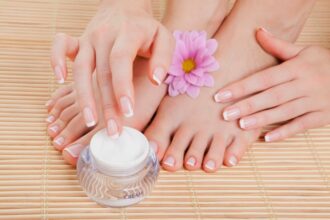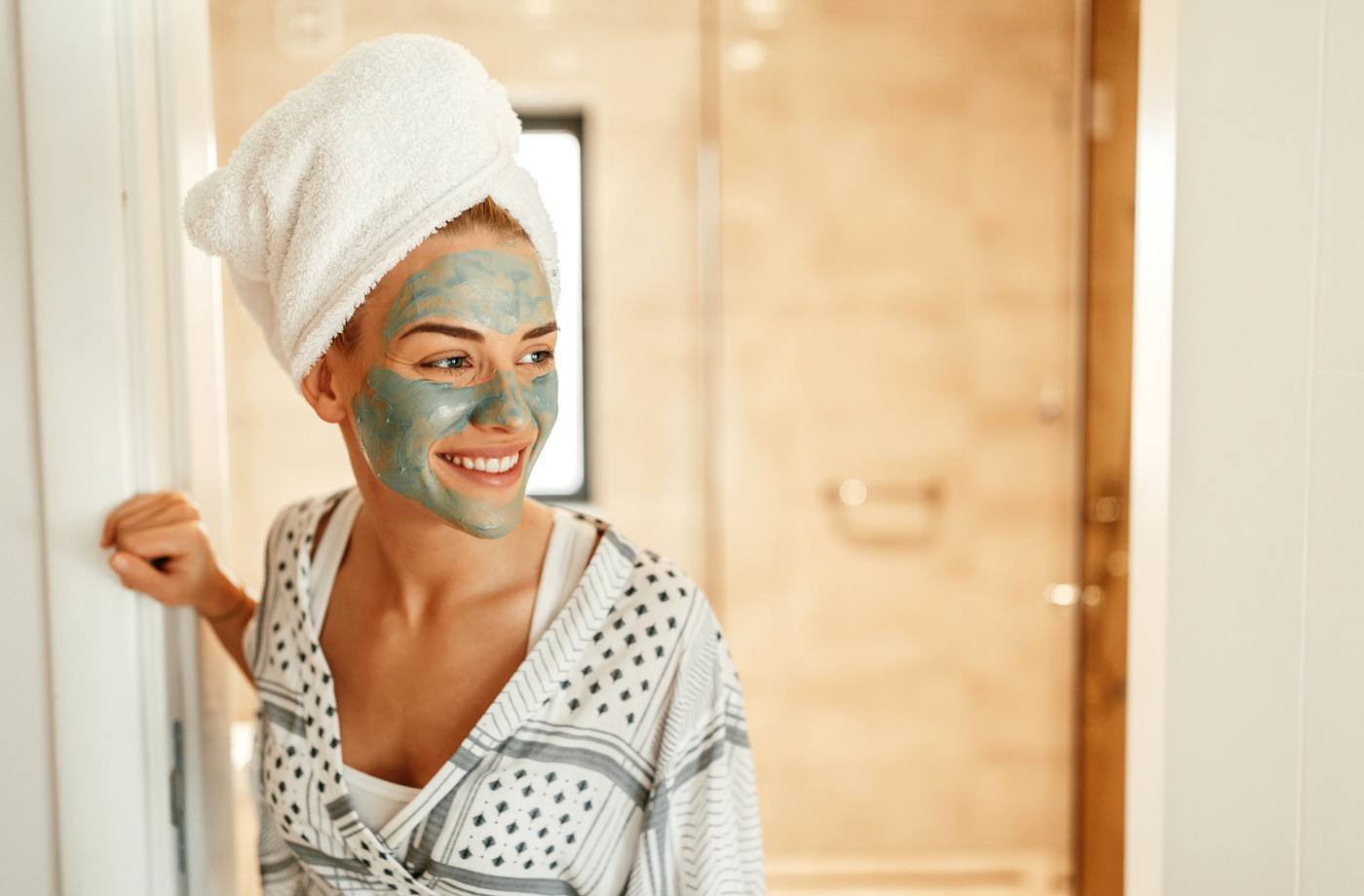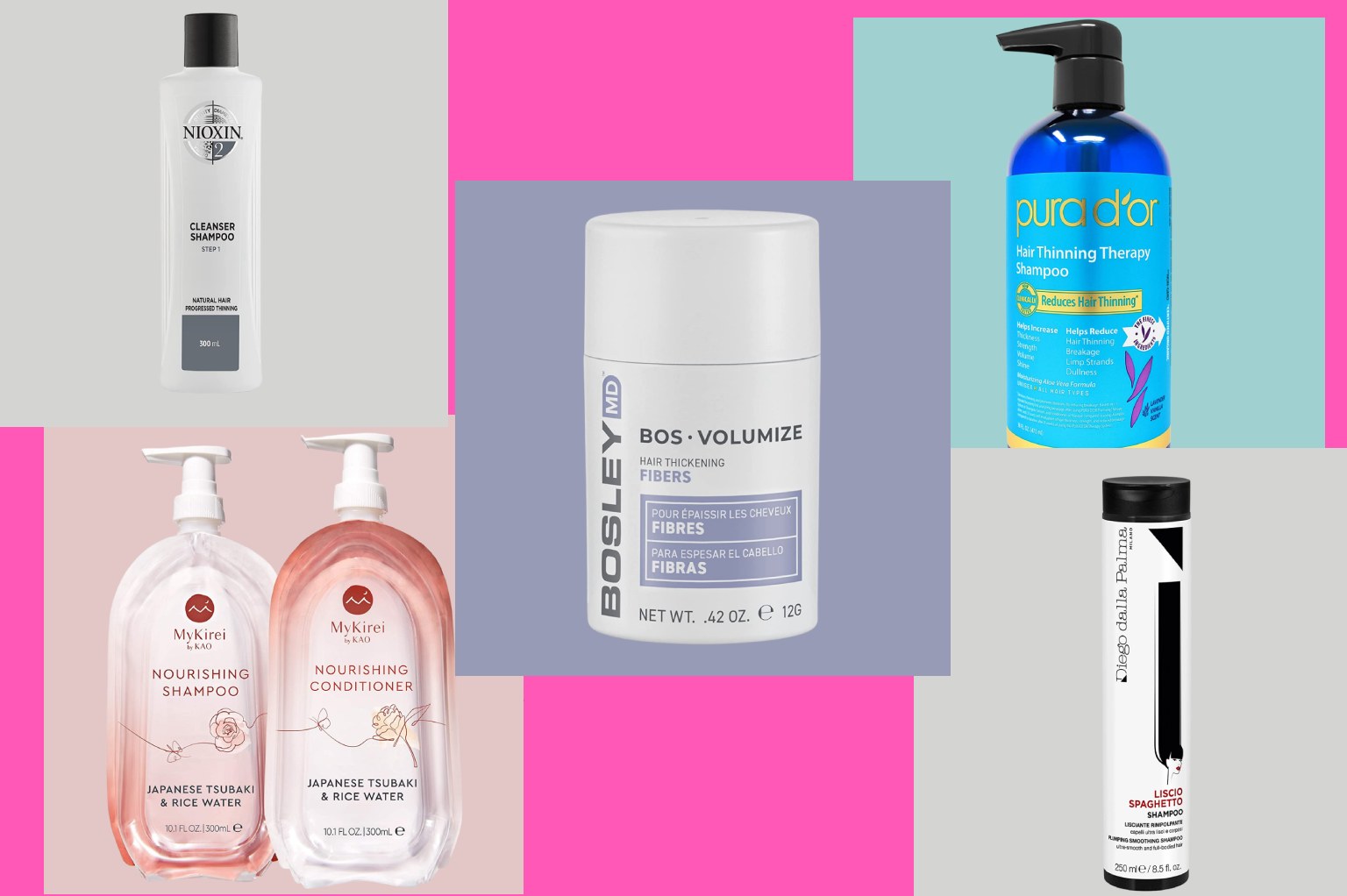In this blog post, we’ll explore the world of skin and hair care and uncover some of the best ways to keep your skin and hair looking their best. Whether you’re a skincare novice or a haircare aficionado, there’s something here for everyone. So, grab a cup of tea, sit back, and let’s dive in!
Systemic causes of hair loss
Hair loss can have various systemic causes, including:
- Hormonal imbalances: Changes in hormone levels due to conditions like thyroid disease, polycystic ovary syndrome (PCOS), or menopause can cause hair loss.
- Nutritional deficiencies: Deficiencies of vitamins and minerals such as iron, zinc, biotin, and vitamin D can lead to hair loss.
- Autoimmune disorders: Autoimmune disorders such as alopecia areata can cause hair loss as the body attacks its own hair follicles.
- Medications: Certain medications such as chemotherapy drugs, blood thinners, and antidepressants can cause hair loss as a side effect.
- Stress: Chronic stress can lead to hair loss due to the disruption of the hair growth cycle.
- Genetics: Androgenetic alopecia, also known as male or female pattern baldness, is a genetic condition that can cause hair loss.
- Scalp conditions: Scalp conditions like psoriasis, seborrheic dermatitis, and fungal infections can cause hair loss if left untreated.
It’s important to consult a healthcare professional if you’re experiencing hair loss to determine the underlying cause and appropriate treatment.
How to take care of hair
Here are some tips for taking care of your hair:
- Wash your hair regularly: How often you wash your hair depends on your hair type, but generally, it’s recommended to wash it every 2-3 days to keep it clean and healthy.
- Use a gentle shampoo and conditioner: Look for products that are free of sulfates and parabens, which can strip your hair of natural oils and cause damage.
- Use a wide-tooth comb: Use a wide-tooth comb to detangle your hair when it’s wet, as wet hair is more prone to breakage.
- Avoid using hot tools: Heat styling tools like straighteners, curling irons, and blow dryers can damage your hair over time. If you must use them, use a heat protectant spray and use the lowest heat setting possible.
- Protect your hair from the sun: UV rays can damage your hair and cause it to dry out, so wear a hat or use a UV protectant spray when you’re out in the sun.
- Eat a balanced diet: A diet rich in vitamins and minerals, especially biotin, zinc, and iron, can help keep your hair healthy.
- Get regular trims: Getting a trim every 6-8 weeks can help prevent split ends and promote healthy hair growth.
- Be gentle with your hair: Don’t tug or pull on your hair, and avoid tight hairstyles like braids and buns, which can cause breakage.
- Use natural remedies: Certain natural remedies like coconut oil, argan oil, and aloe vera can help nourish and strengthen your hair.
- Manage stress: Chronic stress can lead to hair loss, so find ways to manage stress such as exercise, meditation, or spending time with loved ones.
Remember, everyone’s hair is unique, so it’s important to find a hair care routine that works best for you. If you have any concerns about your hair or scalp, consult a healthcare professional or a licensed hair care specialist.
Hair care routine
A hair care routine can vary depending on your hair type and specific needs, but here are some general steps you can follow:
- Brush or comb your hair gently to detangle any knots or tangles before washing.
- Wet your hair thoroughly with warm water.
- Apply a small amount of shampoo to your scalp and massage it in with your fingertips, working up a lather. Be gentle and avoid using your nails, as this can damage your scalp.
- Rinse your hair thoroughly with warm water, making sure to remove all the shampoo.
- Apply conditioner to the ends of your hair, working your way up to the mid-lengths. Let it sit for a few minutes before rinsing it out thoroughly with cool water.
- Gently squeeze excess water out of your hair with a towel, avoiding rubbing or twisting it, as this can cause breakage.
- Apply a leave-in conditioner or hair serum to the ends of your hair to help prevent damage and add shine.
- Style your hair as desired, using heat styling tools sparingly and always using a heat protectant spray.
- Protect your hair from the sun and other environmental factors with a hat or UV protectant spray.
- Get regular trims to prevent split ends and promote healthy hair growth.
Remember, it’s important to use products that are appropriate for your hair type and specific needs. If you have any concerns about your hair or scalp, consult a healthcare professional or a licensed hair care specialist for personalized advice.
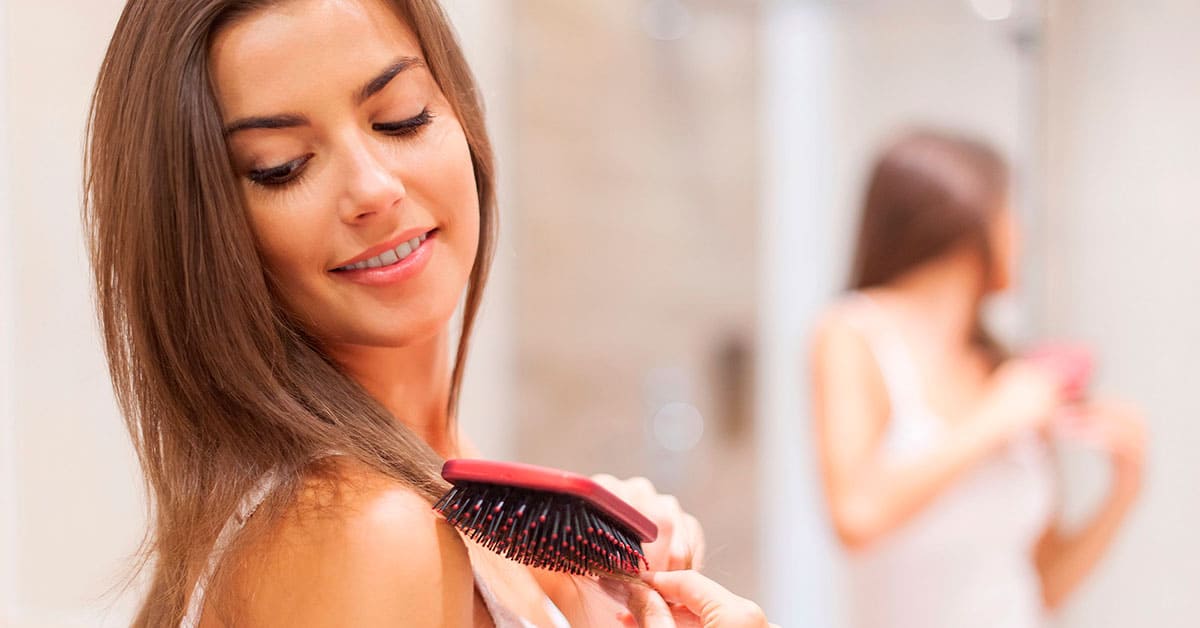
Hair loss treatment
The treatment options for hair loss depend on the underlying cause. Here are some common treatments for hair loss:
- Medications: There are medications available to treat hair loss, such as minoxidil and finasteride. Minoxidil is a topical solution that is applied to the scalp to stimulate hair growth, while finasteride is an oral medication that works by blocking the hormone that causes hair loss in men. These medications may have side effects, so it’s important to consult a healthcare professional before using them.
- Hair transplant: A hair transplant is a surgical procedure that involves transplanting hair follicles from one area of the scalp to another. This is a more invasive option and is generally recommended for people with advanced hair loss.
- Scalp micropigmentation: Scalp micropigmentation involves tattooing tiny dots on the scalp to give the appearance of a fuller head of hair. This is a non-invasive option that can be a good alternative to hair transplant surgery.
- Low-level laser therapy: This treatment involves using a device that emits low-level laser light to stimulate hair growth. It’s a non-invasive option that can be used at home.
- Lifestyle changes: Making lifestyle changes such as managing stress, improving your diet, and avoiding harsh hair treatments can help prevent hair loss and promote healthy hair growth.
It’s important to consult a healthcare professional or a licensed hair care specialist to determine the underlying cause of your hair loss and the best course of treatment for your specific situation.
What is skin care
Skin care refers to the practices and routines that aim to improve the health and appearance of the skin.
It involves:
- cleansing
- moisturizing
- protecting
- and treating the skin using various products and techniques.
The goal of skin care is to maintain a healthy and radiant complexion while preventing and treating skin problems such as acne, wrinkles, and sun damage.
Skin care routine
A basic skin care routine consists of the following steps:
- Cleansing: Use a gentle cleanser to remove dirt, oil, and makeup from your skin. This should be done twice a day, in the morning and evening.
- Toning: Use a toner to help balance the pH of your skin and remove any remaining dirt or impurities.
- Moisturizing: Apply a moisturizer to your skin to help keep it hydrated and prevent dryness.
- Sun protection: Apply sunscreen with at least SPF 30 every day to protect your skin from the harmful effects of the sun.
Remember to choose products that are appropriate for your skin type and needs. If you have any concerns about your skin, consult a healthcare professional or a licensed esthetician for personalized advice.
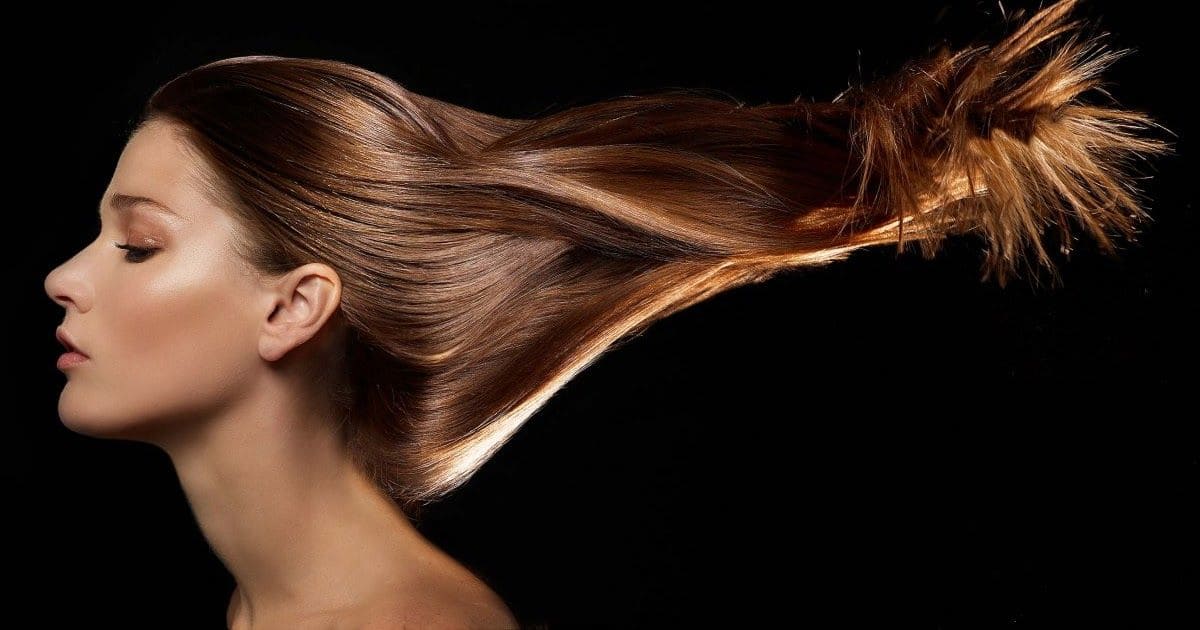
Natural skin care routine
natural treatments and products in your skin care routine based on your skin type and specific needs. This may include:
- Exfoliating: Use a such as sugar or oatmeal to remove dead skin cells and promote cell turnover.
- Serums: Use a natural serum made with ingredients such as vitamin C, hyaluronic acid, or plant oils to target specific skin concerns.
- Face masks: Use a natural face mask made with ingredients such as clay, charcoal, or honey to give your skin an extra boost of hydration or to target specific skin concerns.
Remember to test any new natural ingredients on a small patch of skin before applying them all over your face to avoid any potential allergic reactions or irritation. It’s also important to choose natural products that are appropriate for your skin type and needs. If you have any concerns about your skin, consult a healthcare professional or a licensed esthetician for personalized advice.
conclusion
taking care of our skin and hair is an important aspect of maintaining overall health and well-being. By adopting a consistent and personalized skin and hair care routine, we can help prevent and treat various skin and hair problems and achieve healthy, radiant-looking skin and hair.
It’s important to choose products and techniques that are appropriate for our individual needs and to consult with a healthcare professional or licensed specialist if we have any concerns or questions. With the right approach, we can enjoy healthy and beautiful skin and hair for years to come.




